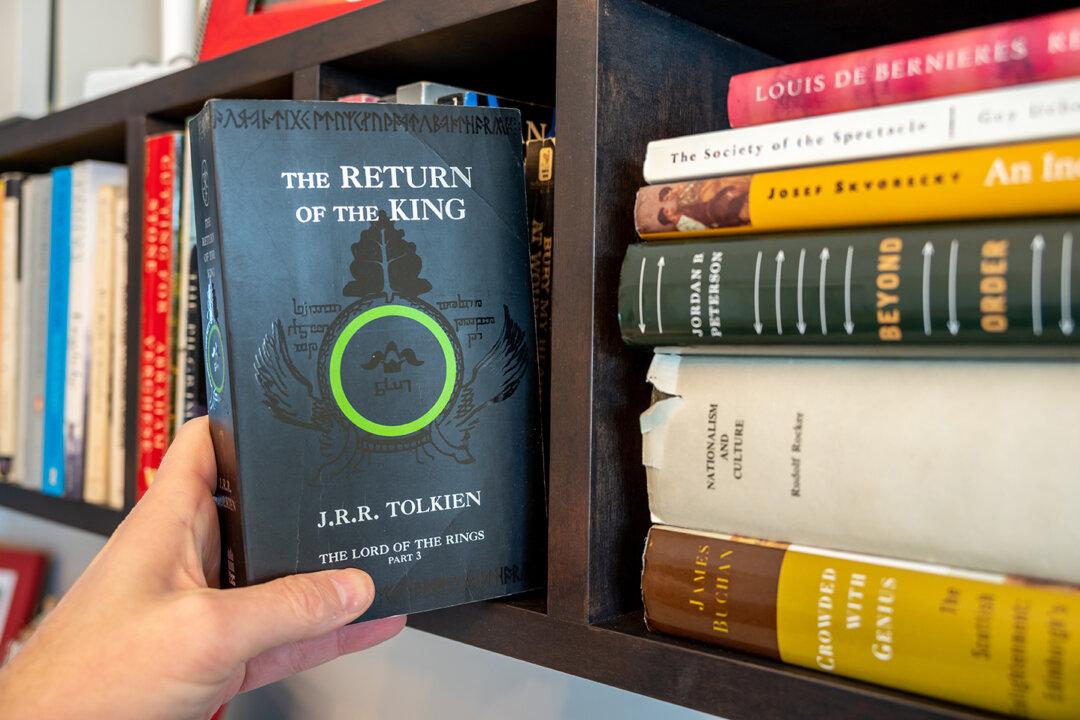U.S. rates of depression have reached new highs. The percentage of adults reporting a diagnosis of depression at one point in their lives stood at almost 30 percent in 2023, which is 10 percentage points higher than in 2015. Even if we haven’t been diagnosed with depression, most of us have experienced hopelessness, discouragement, or even despair at some time in our lives. At times, it seems that everything is slipping away, the bad guys are winning all the battles, the challenges in our lives are too much, and our own best efforts just aren’t enough.
In addition to the crosses that we each carry in our daily lives, the news reports an endless avalanche of negativity: talk of nuclear war, diseases, accidents, failing economies, and so on. It’s easy to be swept by this barrage toward the precipice of discouragement.






